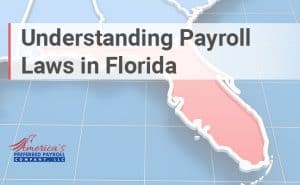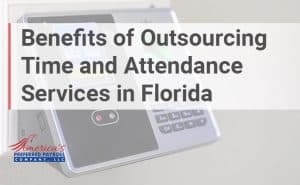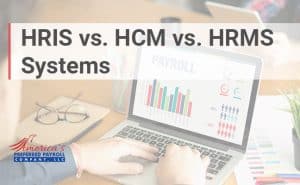The subject of workers’ compensation insurance is rarely discussed by the mainstream media, employers, and employees for several reasons. For one, most business owners, employees, and media members lack a comprehensive understanding of workers’ compensation insurance. Though workers’ compensation is difficult to understand and the laws governing such support have the potential to change, it is in your interest to understand it.
Workers’ Compensation in the Context of Taxation
There is plenty of confusion about whether workers’ compensation benefits are taxable. Such benefits are available to injured and ill workers saddled by ailments causally related to labor. Workers’ compensation benefits are meant to serve as a temporary financial lifeline to substitute for a portion of an injured or ill employee’s wages/salary. However, there are some instances in which permanent workers’ compensation indemnity payments are issued to injured/ill employees.
If you were to analyze workers’ compensation payments for injured and ill Florida employees, you would find most are still struggling to make ends meet. Though the Sunshine State’s workers’ compensation indemnity payments typically lack withholdings, including retirement/medical expenses reduced from payment, they are not enough to support a lavish lifestyle. As a result, the state’s workers’ compensation settlement payments are not considered taxable income.
The exception to workers’ compensation taxation lies in the fact that if disability benefits are provided from several sources, part of the benefits has the potential to be taxed at the state and/or federal tax levels. It must be noted that Florida does not have a state income tax. Furthermore, the state’s workers’ compensation disability indemnity payments are not taxed as described in the Internal Revenue Code’s Section 104.
Potential Taxation and Legal Challenges
There is the potential for taxes to be implemented under certain situations that a Florida workers’ compensation attorney can detail in greater depth. Filing taxes with the assistance of an accountant helps mitigate tax and legal hurdles down the line. However, it is a mistake to keep workers’ compensation payments a secret from such a professional.
Be completely forthright when filing all tax and income-related documents at both the state and federal levels, disclosing the entirety of workers’ compensation benefits obtained. When in doubt, err on the side of caution by leaning on taxation, payroll, and compliance professionals.
Exceptions to Workers’ Compensation Tax Exemption
Let’s shift our attention to specific hurdles that have the potential to arise in the context of workers’ compensation taxes. Workers’ compensation benefits fall into the non-taxable earnings category, similar to disability benefits obtained after a car accident that prevents one from earning income. However, there is the potential for part of workers’ compensation indemnity payments to be taxed if the individual in question also receives SSDI or SSI, short for Social Security Disability Insurance and Supplemental Security Income, respectively.
The logic in taxing a portion of workers’ compensation benefits when the employee receives supplemental security income is rooted in an attempt to create a fair and just society. In such a situation, payments from Social Security are decreased, ensuring the workers’ compensation indemnity payments make up the difference. However, even if such a situation were to arise, the amount of workers’ compensation indemnity payments taxed is negligible, meaning it likely won’t be significant.
As an example, consider a situation in which a factory worker suffers an injury while working. A workers’ compensation court judge determines there is a legitimate and direct causal relationship between workplace activity and injury. The claimant is awarded workers’ compensation indemnity payments in proportion to his or her loss of body part use.
If the claimant’s condition does not improve and he or she becomes disabled, there is the potential to receive both workers’ compensation indemnity payments along with disability insurance in unison. In such an instance, the Social Security Administration rightfully steps in to decrease payments, ultimately making the workers’ compensation indemnity payments taxable. The potential saving grace is the guidance and prudence of a workers’ compensation taxation specialist or attorney. Such guidance helps to plan for and structure payments in a manner that mitigates the tax burden.
The key takeaway is workers’ compensation, taxes, and compliance are complex subjects for both employers and employees that require the assistance of America’s Preferred Payroll. Instead of hoping for the best and moving forward without guidance, ask the professionals for assistance.
Payroll, Tax Guidance and More Through America’s Preferred Payroll
Our payroll, compliance, and tax specialists are here for all Florida business owners. If you own or manage a business, America’s Preferred Payroll will help you satisfy legal, insurance, taxation, and other requirements. Give us a call today to schedule an appointment.













